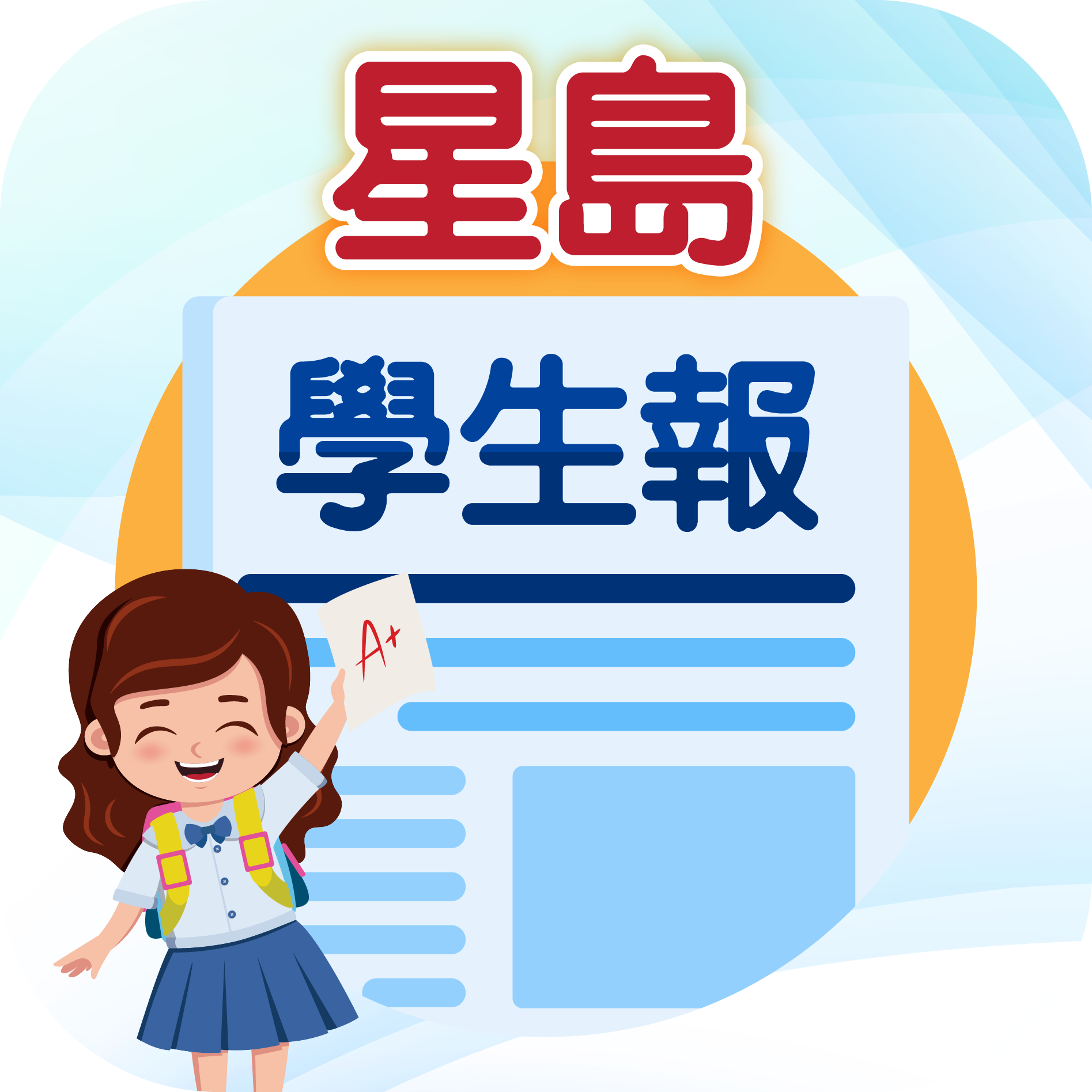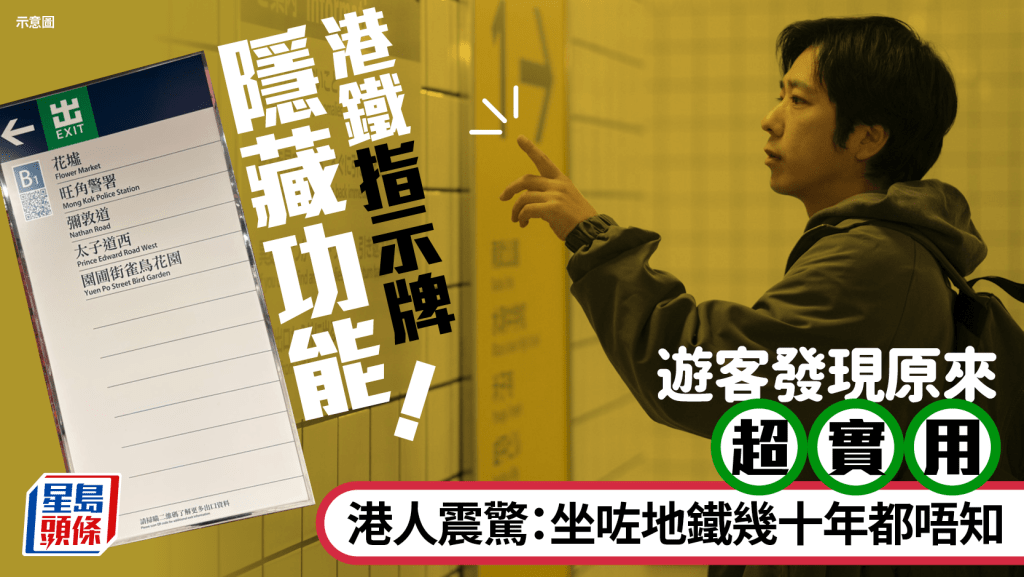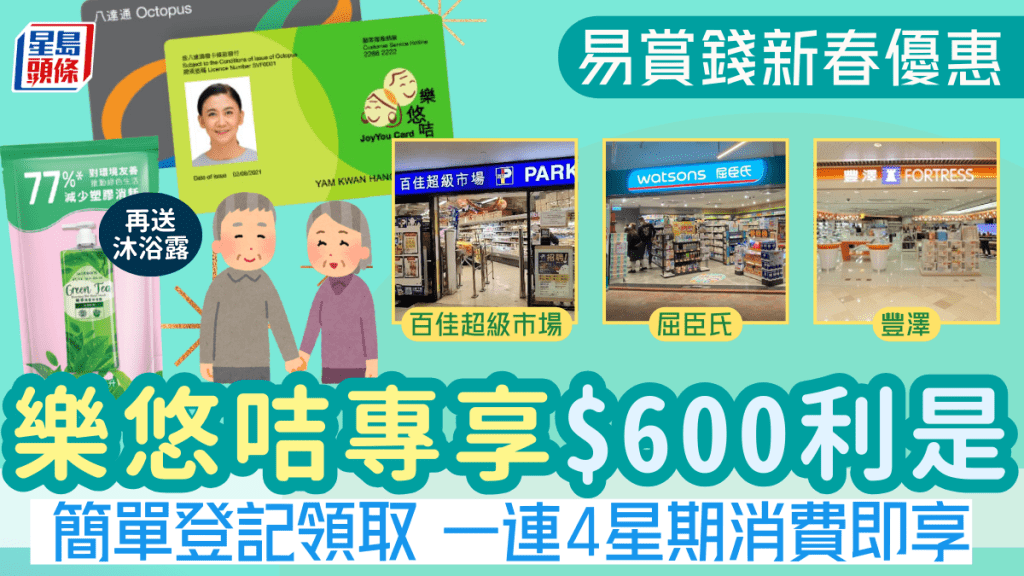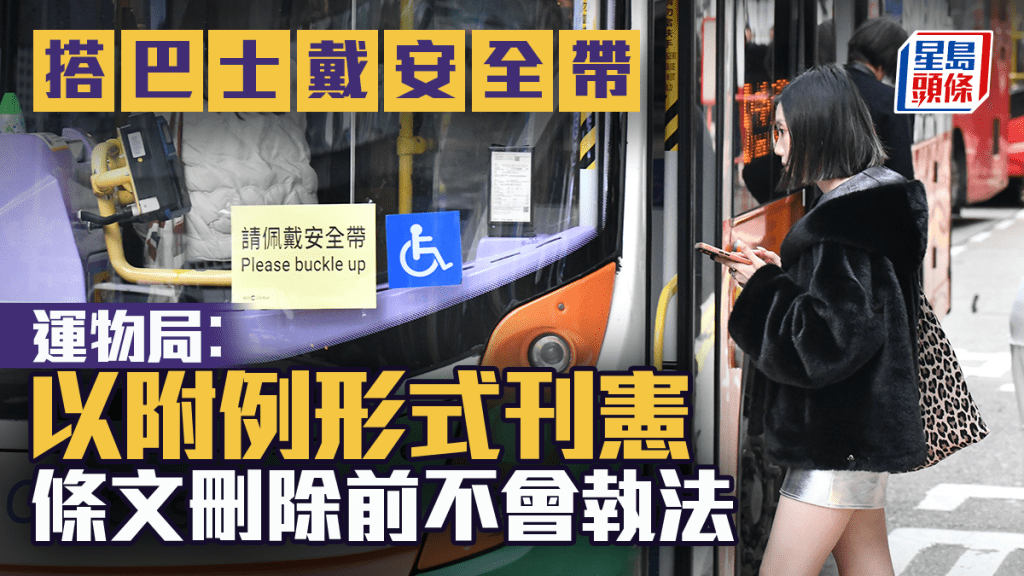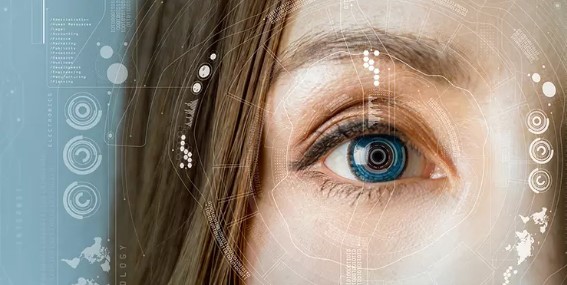育兒|IM 節拍治療|助改善ADHD、讀寫障礙、自閉症 提升學習能力
眾所周知,亞洲人比西方人更重視子女的學業成績,尤其在香港,孩子仍未出生,父母可能已經準備了如何把握孩子的發展黃金周期,為孩子提供各式各樣的興趣班、補習班;例如一些香港學生從小就需要學習鋼琴、打鼓、跳舞、學習不同語言等等。有些家長甚至在孩子出生前,已準備好報讀哪所幼稚園或小學。

現今科技日新月異,不少研究已找出多元化的方法以提升孩子的整體能力。可是,在香港,我們對這些嶄新的手法仍然不算太熟悉,甚至可說是陌生。很多家長仍認為如果孩子的學業成績不夠卓越,報讀補習班已是提高孩子整體能力的最快捷方法。事實上,補習並非唯一方法,研究顯示 Interactive Metronome(簡稱 IM) 是其中一個新穎的治療方法,以處理孩子的學習能力。

到底什麼是 IM?Interactive 有互動的含義,Metronome 是節拍的意思。Interactive Metronome® (IM)是一項治療用具,它證實了音樂或節拍能夠提高我們的整體能力。研究證實,IM 能夠提升語言能力、閱讀、數學、聆聽能力、提高腦部處理訊息的速度、改善手腳協調;甚至能夠處理兒童的以下狀況:包括讀寫障礙、專注力不足或過度活躍、自閉症、感覺處理 sensory processing 較弱的孩子(即大腦接收感官信息速度比常人慢)、學習障礙、發育遲緩、言語問題、腦癱。

此外,IM 節拍亦可以幫助患有下徵狀的成人:中風、腦損傷、脊髓損傷、腦震盪、截肢、神經系統疾病、帕金森症、多發性硬化症,能有效減輕以上人士的症狀,甚至加快康復速度。

由此可見,為了孩子的將來,我們不應只是透過傳統的方法提升孩子的學業成績,甚至應該嘗試新穎且經研究實證的方法,如 Interactive Metronome 。

劉英健博士是一位英國特許心理學家,也是香港心理學協會的創會會長。劉博士也是美Interactive Metronome (IM) 的 Certified Practitioner.
References
Goswami, U., Huss, M., Mead, N., Fosker, T., & Verney, J. P. (2013). Perception of patterns of musical beat distribution in phonological developmental dyslexia: Significant longitudinal relations with word reading and reading comprehension. Cortex, 49(5), 1363-1376. https://doi.org/10.1016/j.cortex.2012.05.005
Namgung, Y., Son, D. I., & Kim, K. M. (2015). Effect of interactive metronome® training on timing, attention and motor function of children with ADHD: case report. The Journal of Korean Academy of Sensory Integration, 13(2), 63-73. http://dx.doi.org/10.18064/JKASI.2015.13.2.063
Rahman, J. S., Gedeon, T., Caldwell, S., & Jones, R. L. (2021, May). Can Binaural Beats Increase Your Focus? Exploring the Effects of Music in Participants’ Conscious and Brain Activity Responses. In Extended Abstracts of the 2021 CHI Conference on Human Factors in Computing Systems (pp. 1-6). https://doi.org/10.1145/3411763.3451813
Trujillo, L. G. (2017). The Effectiveness of Interactive Metronome® as a restorative modality to improve cognition and motor performance in healthy older adults in Eastern North Carolina. J Neurol Neurosci, 8(2).
Yu, G. H., Lee, J. S., Kim, S. K., & Cha, T. H. (2017). Effects of interactive metronome training on upper extremity function, ADL and QOL in stroke patients. NeuroRehabilitation, 41(1), 161–168. https://doi.org/10.3233/NRE-171468

